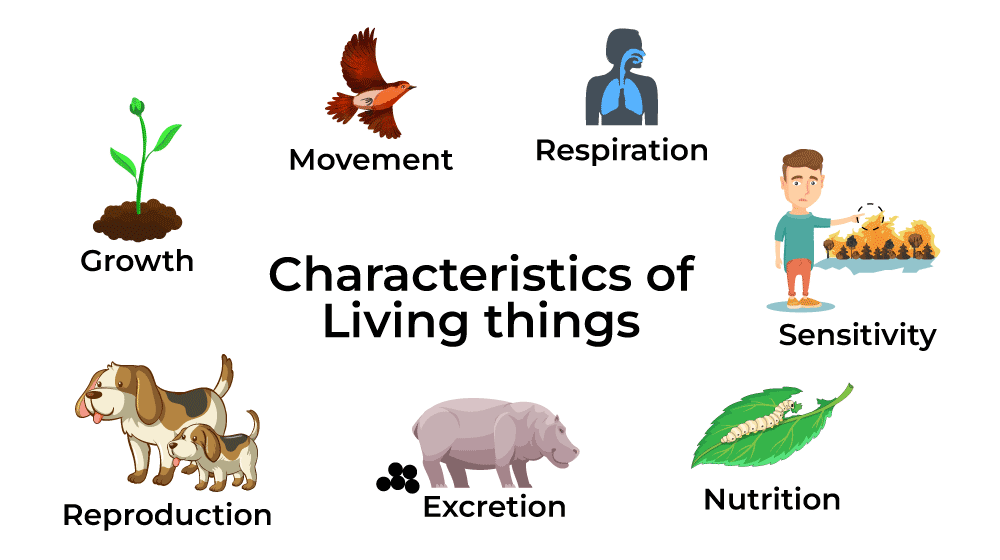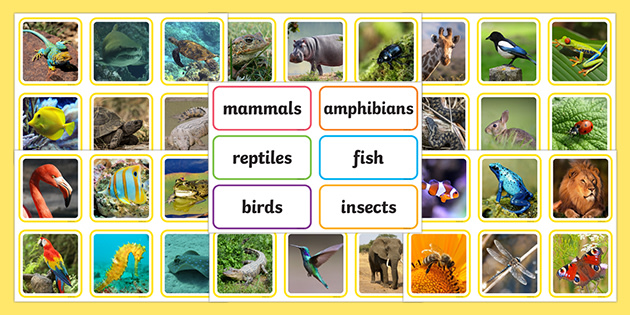Primary 4 had a wonderful day celebrating World Book Day! What a brilliant day! Some photos of us in action…
HAPPY WORLD BOOK DAY – Keep reading!
SHARING THE LEARNING
On Friday, we enjoyed having our parents and carers in class to share our learning. Following our activities on World Book Day yesterday, we decided to do some reading with our parents today. So, we brought in our favourite books from home and enjoyed reading with our parents. We then completed a book review detailing our thoughts on the book (or chapter) that we read. We then designed posters for our class library and chose some book related activities.
Bonnie – I designed a character from my favourite book and my dad helped me.
Jessica – I read a chapter from my Harry Potter book and did my book review.
Hudson – I sat in the library with my mum and we read three books! I loved it and I love reading!
Bella – I like brining my favourite book from home but I only read a chapter as it had loads of pages. I’ve got loads of books at home and I liked reading with my mum.
Stella – I liked reading then doing my book review. I gave my book 5 stars because it’s so good.
Jacob – After reading, I designed a character costume.
Damon – I loved reading “Diary of a Wimpy Kid” with my mum and it’s my favourite book because it’s so funny.
Jaxon – I liked when my mum came in and we read my story together.
Ellie – I did a reading word-search with my sister and found all the words. I read a chapter of my book to Jodie.
Karlie – I brought in my favourite Harry Potter book. It’s so special and the pictures in it are so pretty and it makes me want to read it even more.
THANK YOU very much to all the parents and carers for coming along on Friday. Your support is always much appreciated and it’s fantastic for all of the children to share their learning with you.


















:max_bytes(150000):strip_icc()/pound-coins-and-bank-notes-909209056-5af38dc11d64040036b164f8.jpg)


